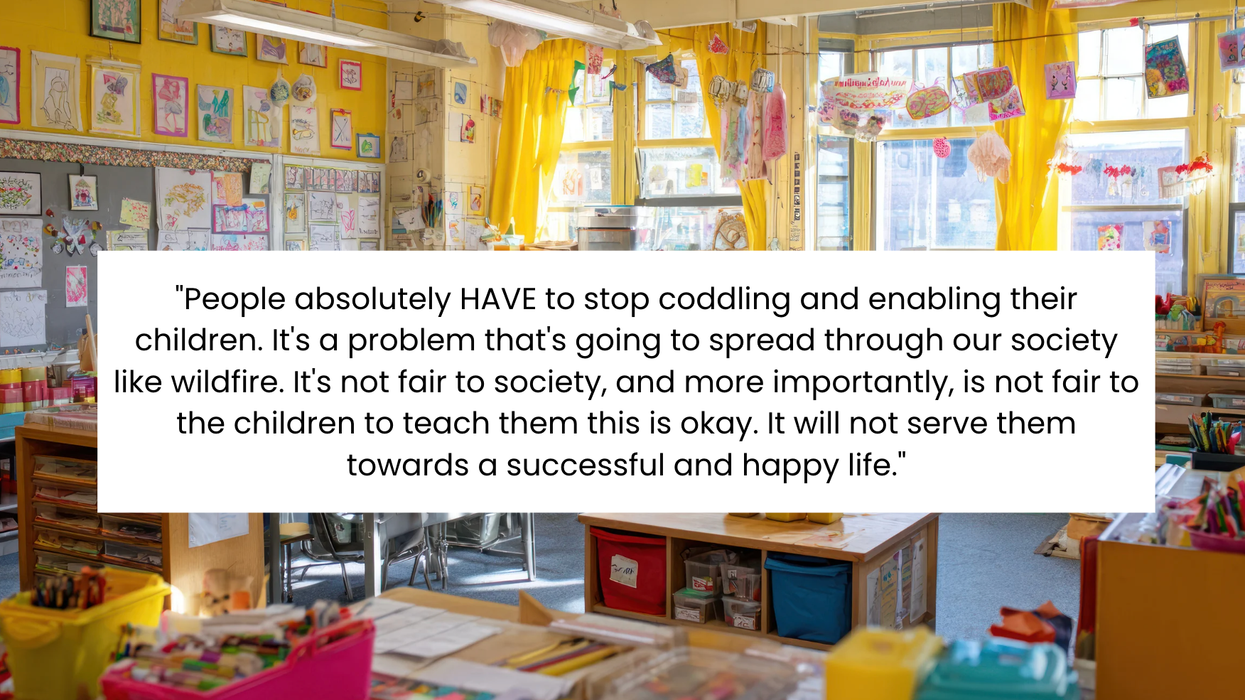Many travelers know that handing your digital camera over to a local kid in a place like Mombasa, Bogota, or Jakarta can yield some seriously cool shots. It's also a fact of globalization that this common exchange can serve as the first hands-on experience with digital technology for many young people growing up in developing countries.
When Dutch couple Janneke Smeulders and Peter den Hond lived in Peru in 2006, Smeulders noticed the enthusiasm the local kids had for photography. She also knew they’d never be able to afford a camera of their own. Thus began FairMail Peru, Smeulders and den Hond’s project to sell greeting cards with photographs shot by local teens in the vegetarian restaurant they were running.
When dining patrons, who also happened to be ethical venture capitalists, told the Dutch duo that they were “morally obliged” to make the project bigger, they acquiesced. The Fair Trade certified business now operates out of three countries—Peru, India, and just recently, Morocco— and was named a winner in the Ben & Jerry’s Join Our Core sustainable businesses competition in Europe earlier this summer.
“Who would have thought kids [would be] able to take such good pictures that can compete in the global photography market?” den Hond said. “But they all take to it quite quickly just as all teenagers get the hang of electronic gadgets easily.”
In each location—selected to offer “different cultural backgrounds” throughout their image catalogue—the business partners with local NGOs and youth projects which work with at-risk youth to provide well-rounded support. They then loan out a camera to each teenager and have them sign a contract in which they agree to pay off broken or lost cameras with their earnings if necessary.
FairMail sells the images to publishing houses who licence them everywhere from stock photography websites to on-demand print shops. The progress of each individual photographer can be tracked on FairMail’s website, and each product sold also includes a picture of the photographer on the back, as a reminder of their story. Sales are tracked and money is dispersed each quarter to the photographers for their sold work. Some of FairMail’s top earners have reached more than $10,000 in their careers.
“There are big income differences between the teenagers, depending on their talent, motivation and effort,” den Hond said. “We want to show the kids that they can control their destiny by working for it.”
Den Hond is proud of FairMail’s recent recognition as a leading model of social enterprise and he thinks the idea that businesses can find fixes for social problems needs further understanding.
“Our teenagers don't need pity,” he said. “They need customers who buy their product just because they love their pictures. After that it is great if they come back for more because they also love the story behind each of the cards.”
Top photo courtesy of Luis Gómez Rodríguez / FairMail. Bottom image courtesy of Floor Broekman / FairMail
















 Otis knew before they did.
Otis knew before they did.